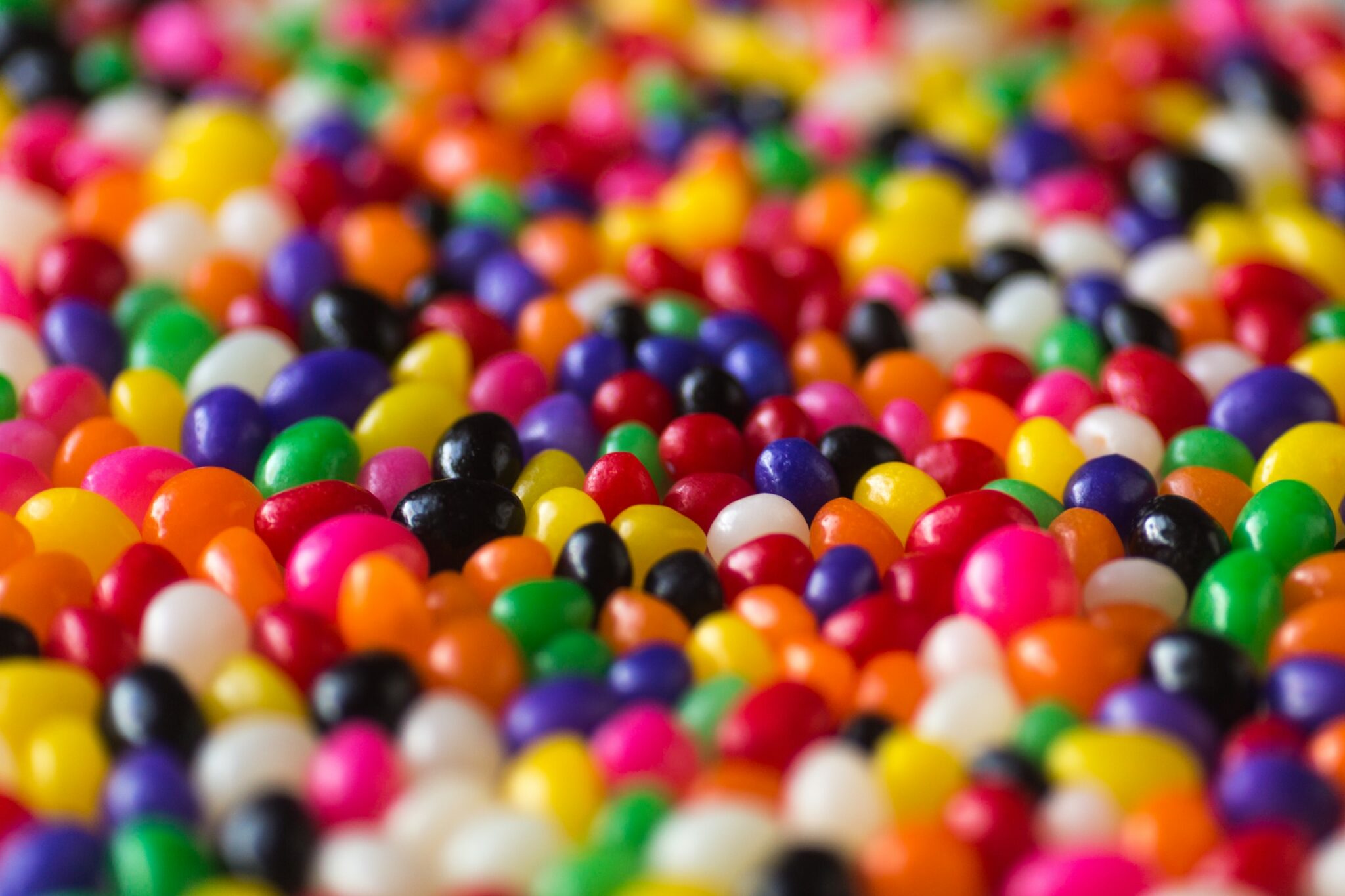
The Easter dresses and suits may be hanging back in the closet. And hopefully all the eggs have been retrieved from under bushes and beneath couch cushions. But if you are like most homes in America, one part of Easter is still hanging around: the massive piles of candy. So you may be wondering, should you let your kids eat it? Or should it make a mysterious disappearance while they are off at school?
At Smiles Dentistry for Kids in Overland Park, KS, Dr. Matt and his team are passionate about helping parents raise healthy kids. And though dental health is certainly a big piece of the puzzle, we also care about children’s physical and mental wellbeing. We want to provide parents the information they need to make fully informed decisions about their kids and a healthy way of life.
We love to answer questions and are always happy to discuss your concerns. Contact us today to speak to a member of our team.
How Sugar Affects Teeth
We all know that sugar is a notorious culprit for causing dental cavities. But how exactly does this work? Ultimately, sugar itself doesn’t cause cavities – bacteria lead to tooth decay. However, sugar is a ready food source for oral bacteria. When sugar remains in the mouth, bacteria can multiply quickly and form a thin film of plaque. Plaque adheres to teeth, keeping bacteria in constant contact with the tooth enamel. The elevated levels of microbes raise acidity in the mouth, leading to enamel erosion and allowing bacteria to access the softer underlying layers of tissue. Eventually a cavity will form.
Recommended Sugar Consumption
So does this mean your little one is inevitably developing a cavity as she sits there noshing on a sugar-coated marshmallow chick? Not necessarily. Though we certainly don’t advocate eating marshmallows for breakfast on a regular basis, moderation is key. It’s ok to make an exception for a special day like Easter. Then you can go back to offering your normal healthy options.
In general, it will benefit your child to limit sugar intake. The World Health Organization recommends that sugar should make up no more than 5% of our daily energy intake (for both adults and children). For kids aged 4 to 6, this means no more than 19 grams of sugar a day. Children aged 5 to 11 should consume no more than 24 grams a day.
A Healthy Attitude Towards Food
At the same time, by completely denying your child access to sugar, you could set up a harmful cycle. Sugar is now seen as the ultimate goal, and kids will do anything to get it. They may not learn how to eat moderately or to trust their bodies. Try allowing reasonable access to sweet treats and modeling a healthy attitude towards food. This will help kids see food as something to celebrate and share – and to treat with respect as they learn to nourish their growing bodies.
Contact Us to Learn More about Children’s Dental Health
To learn more children’s health recommendations or to schedule an appointment with Dr. Matt, contact Smiles Dentistry for Kids.
You can reach our office online or call us at (913) 685-9990.